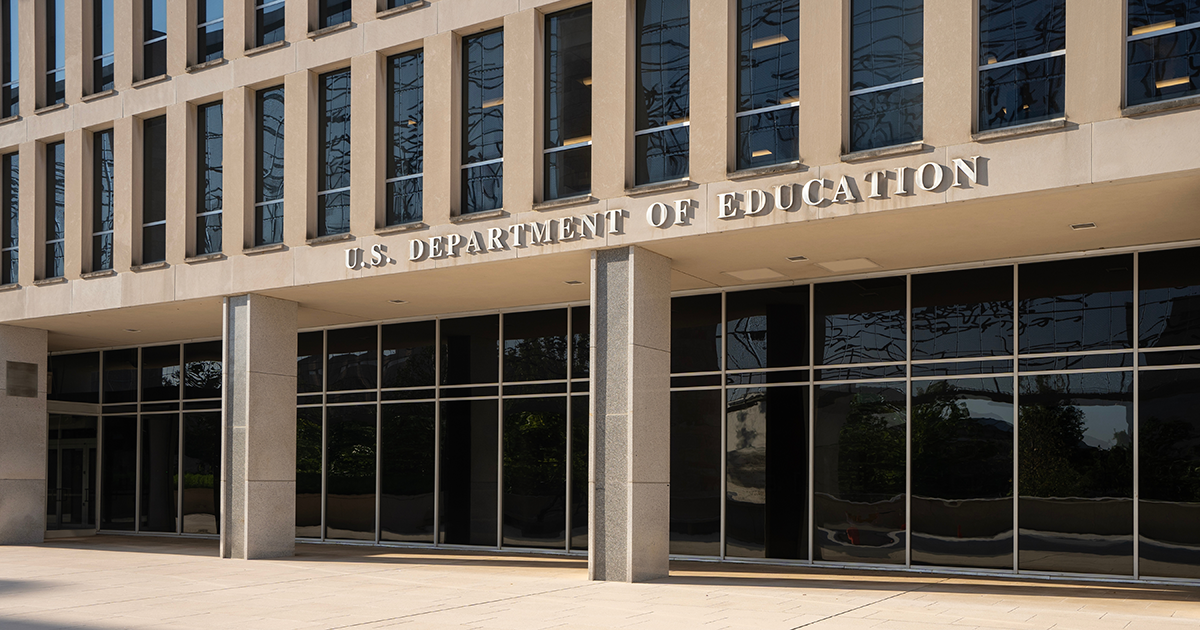For some, walking may merely be a form of exercise. For others, it may also be a means for getting from one place to another. Adjaye-Gbeywonyo and Briones (2024) used 2022 National Health Interview Survey data to determine the percentage of adults in the United States who walked for leisure and those who walked for transportation.
A positive response for walking for transportation was a “yes” response to the question, “The next questions are about walking for transportation. This is walking you might have done to travel to and from work, to do errands, or to go from place to place. I will ask you separately about walking for other reasons like relaxation, exercise, or walking the dog. In the past 7 days, did you walk for transportation?”
A positive response for walking for leisure, on the other hand, was a “yes” response to the question related to walking “for fun, relaxation, exercise, or to walk the dog.” These authors found that less than 20 percent (16.2 percent) of adults walked for transportation; while close to 60 percent (58.7 percent) walked for leisure.
Adjaye-Gbeywonyo and Briones (2024) also explored the relationship between selected sociodemographic factors and their purpose for walking in that time frame. This information may be important when you consider how your patients might be getting to your appointments and how they are spending their leisure time.
Reference
Adjaye-Gbewonyo D, Briones EM. (2024) Walking for leisure and transportation among adults: United States, 2022. NCHS Data Brief (504).
Recent Posts
Department of Education Comment Period Closes; Academy Submits Formal Comments on Professional Degree Proposal
The public comment period has officially closed on the U.S. Department of Education’s proposed regulations redefining “professional degree programs” for purposes of federal student aid….
Kentucky Legislature Considers Updates to Audiology Scope of Practice
The Academy recently submitted a letter to the Kentucky House Standing Committee on Licensing, Occupations, and Administrative Regulations regarding House Bill 444 (HB 444), legislation…
Vaccination of Older Adults in the United States
In the United States, this time of year tends to coincide with cold and flu season. As such, it seems timely for us to review…


